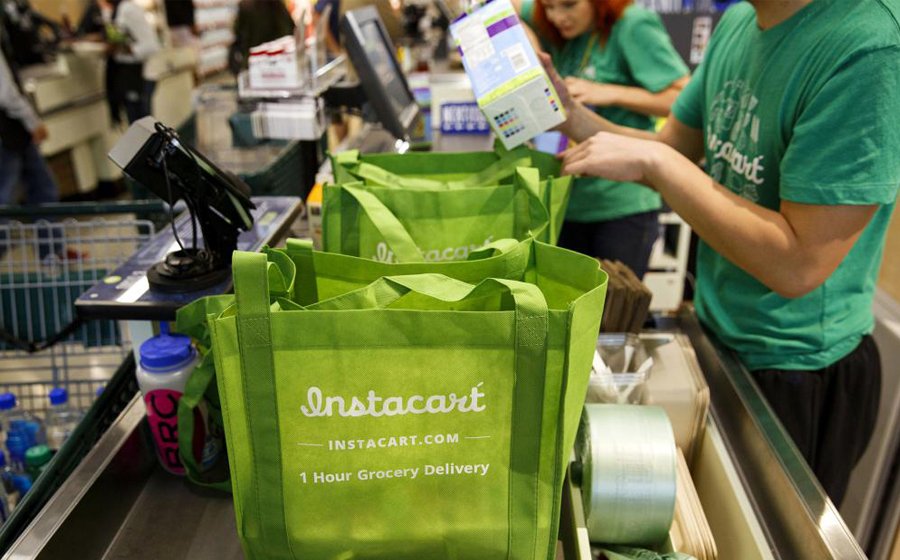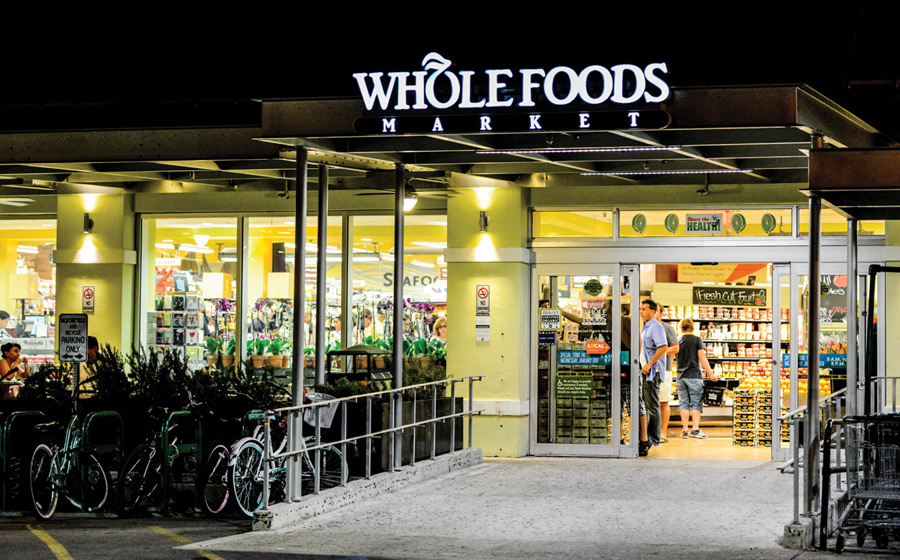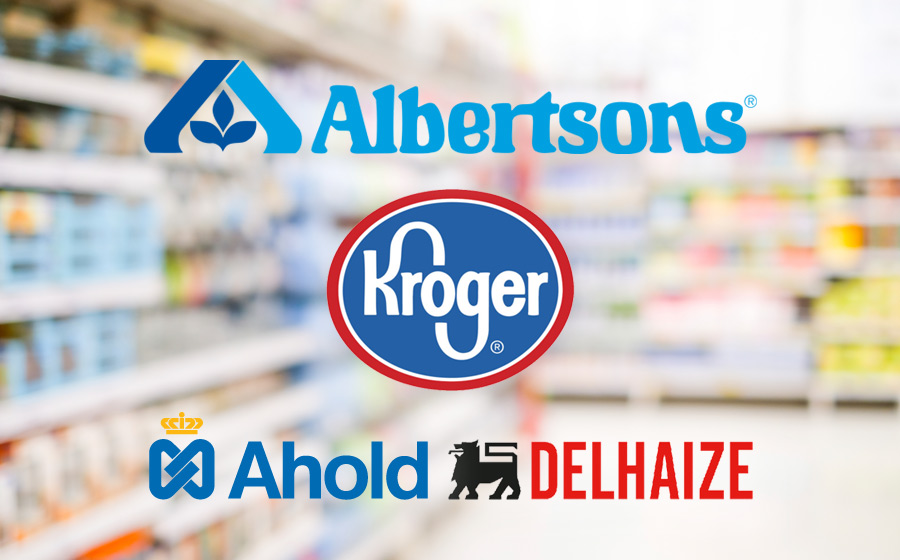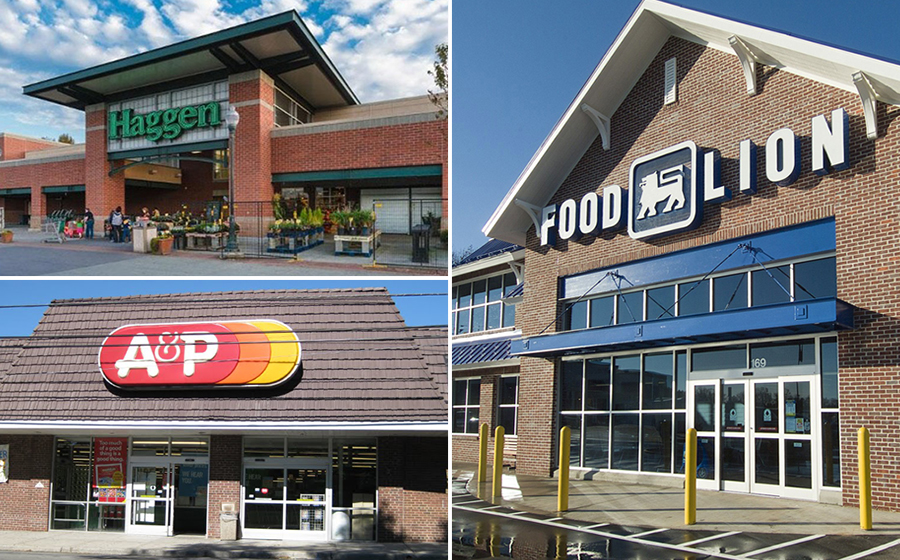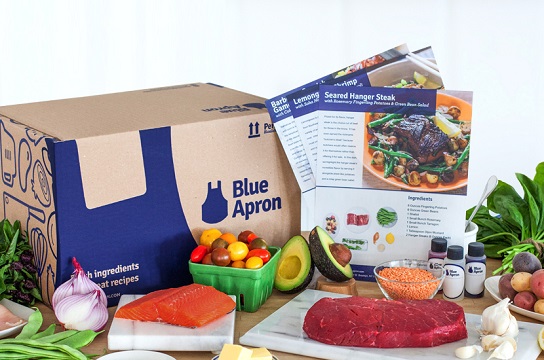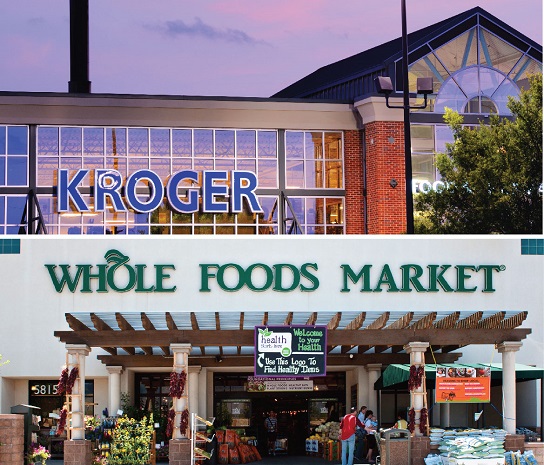Healthcare Goes Retail
Supermarkets haven’t been the first kids on the block to notice the obvious. Here’s one mega-trend supermarkets missed: Americans’ recognition of the strong linkage between what they eat and their health. For the longest time, mainstream supermarket retailers failed to […]
Healthcare Goes Retail Read More »

